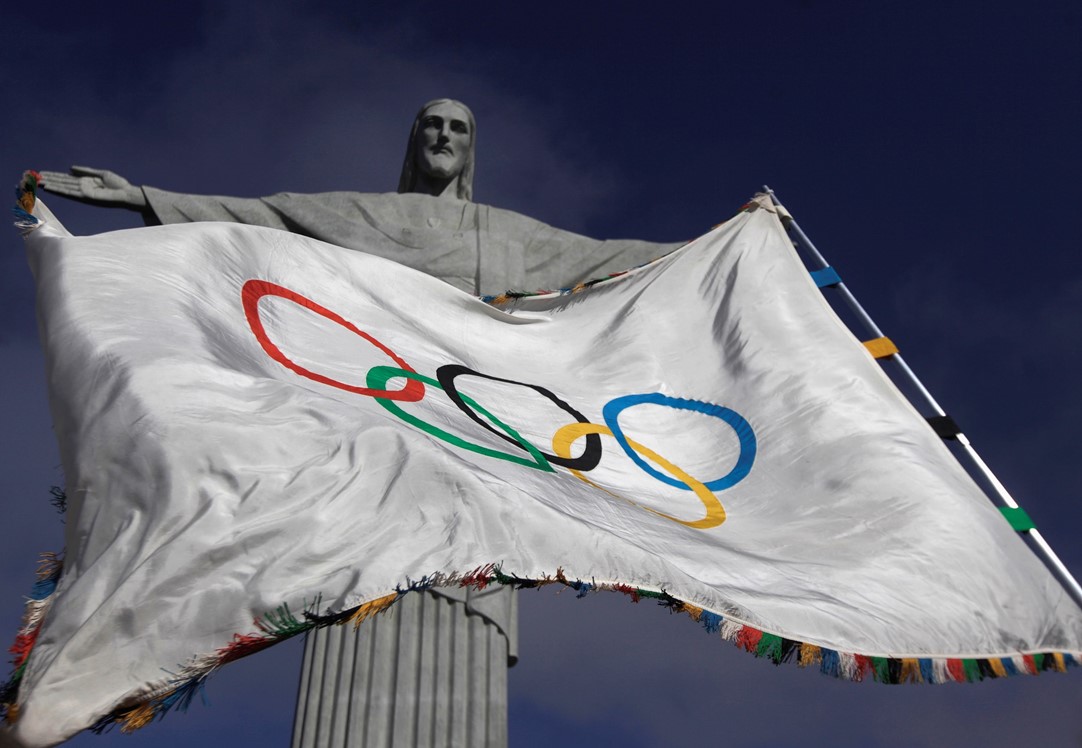The Alternates That Will Make It To Rio But Won’t Be Considered Olympians
August 9, 2016 in Daily Bulletin

Tim Struby wrote an article about alternates at The Olympics:
- Olympic alternates have a tough role. They have to be ready to step in at a moment’s notice, should any of their teammates fall ill, but the IOC doesn’t officially consider them to be Olympians.
- They have to stay in shape and get the right food, but it’s more difficult for them since they are denied residence at the official Olympics village, where Olympians have access to top facilities (and lots of condoms).
- They also won’t receive the swag bag – gifts from corporate sponsors that can include high end, and incredibly expensive, gear and jewelry.
- For people who are hyper-competitive, and are among the world’s best athletes, it is a humbling experience.
- The humbling isn’t limited to homo sapiens. In the Athens games, the horse that belonged to the equestrian alternate was housed in a temporary farm stable rather than the official Olympics stables.
- Possibly the worst part for alternates though, is when the world’s eyes are turned to the opening ceremonies and Olympians stand with their national flags, shoulder to shoulder with the world’s best athletes. The alternates watch the ceremony on TVs in their hotel rooms.
- There’s always a desperate hope. In 1964 boxer Joe Frazier, an alternate, had to replace Buster Mathis who had broken his thumb. Frazier would go on to win gold.
- In Sochi, a Canadian speed skating Olympian gave his spot to his alternate, believing the alternate to be the better athlete. The alternate won Silver.
- And some alternates make their names in…well…alternate ways. An East German tobogganing alternate opted to use the 1964 Austrian games to defect to West Germany.
Read the full story of the incredible effort, courage, and perseverance of Olympic alternates over here.
Read our coverage of the Olympics here.
Source: Victory Journal
Join the Discussion! (No Signup Required)